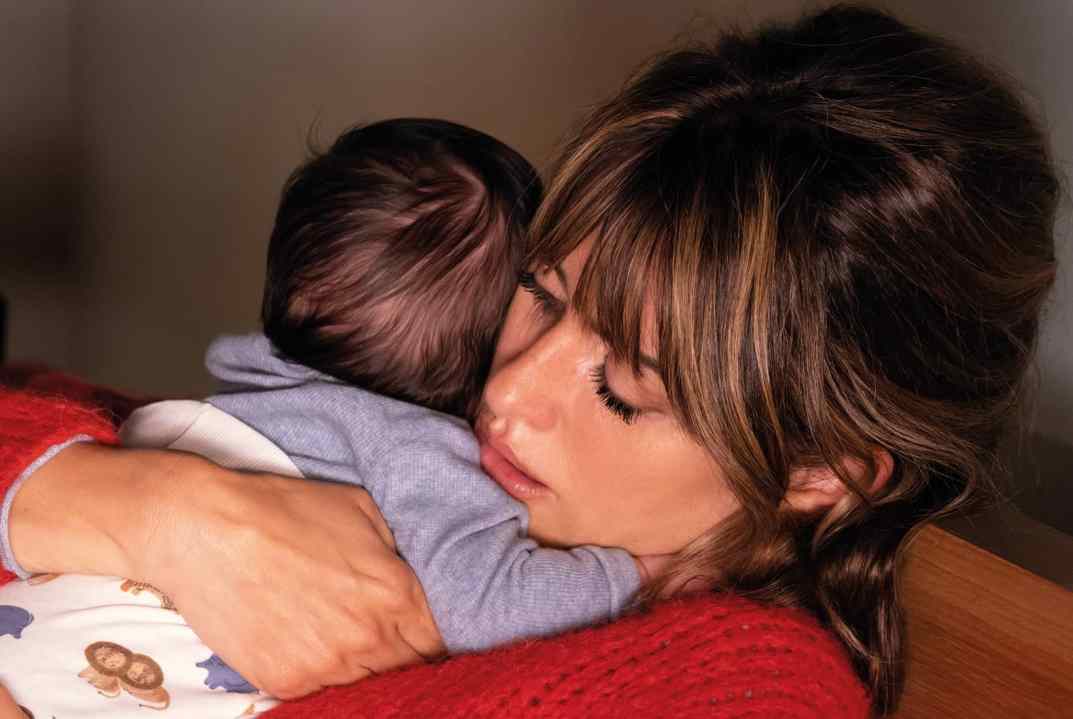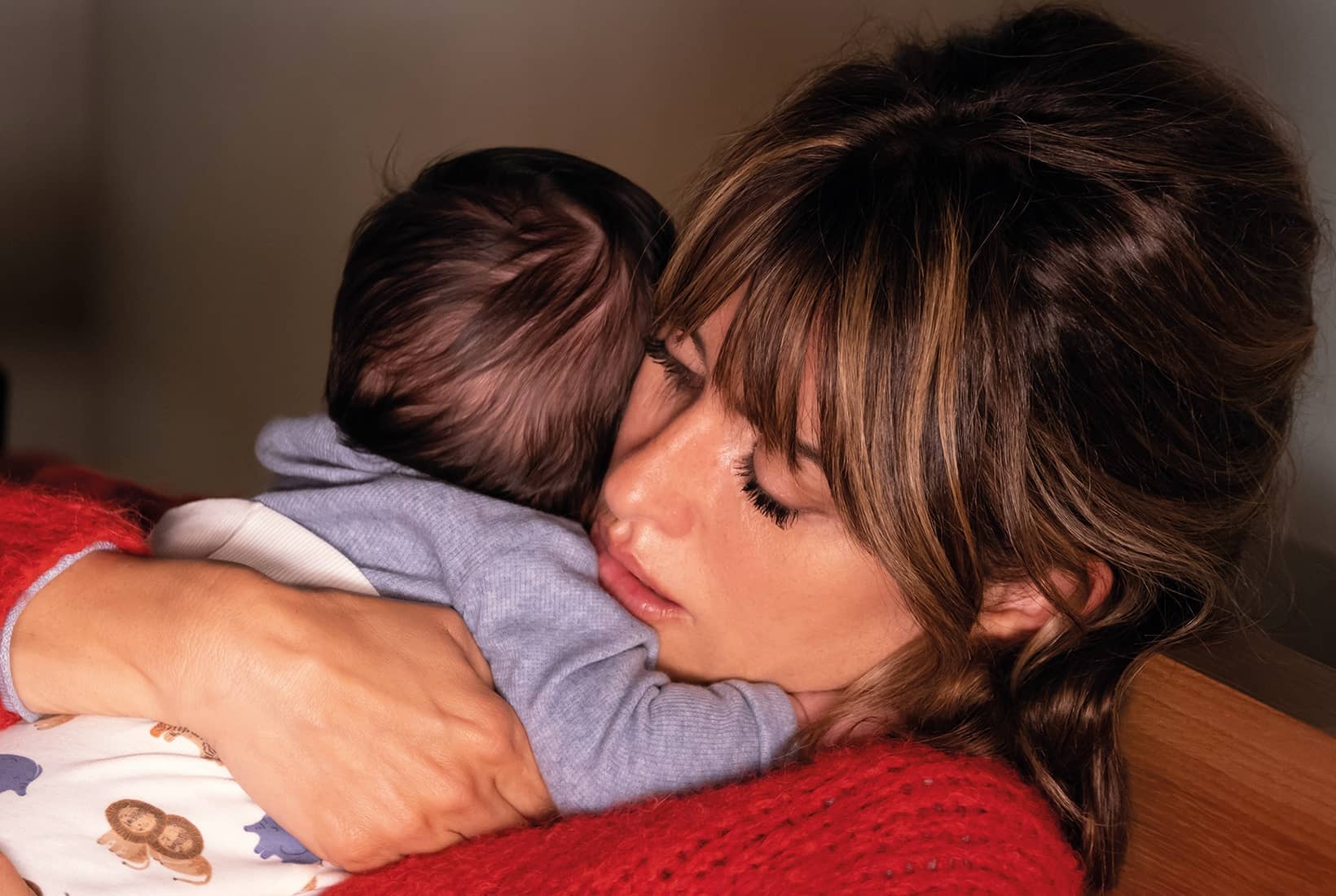Pedro Almodovar’s latest is a film about identity, secrets, lies, buried skeletons, real and metaphorical. But what you mainly need to know is: it is wonderful and delicious and blissfully styled — Almodovar doesn’t do ‘neutrals’ or Uggs — and constantly surprising. With most films you know exactly what you’ll be getting within the first ten minutes. Oh, it’s that film. But here we’ve often no idea what direction it’s going to take and although the focus shifts it never feels fragmented. Instead, it all adds up to an immensely rich, satisfying whole.
Almodovar is, above all, a director who loves women – young, old, dead, alive, beautiful, odd-looking
The film stars Penelope Cruz, who is terrific, and is always terrific. She’s even been terrific in those films that haven’t been worth her time. (See: The 355.) She plays Janis, a Madrid photographer who has a fling with Arturo (Israel Elejalde), a forensic anthropologist, whose job is relevant which is why I mention it. She hopes he’ll help exhume the mass grave where her grandfather’s body was buried after he was executed by the Falangists in the early days of the Spanish Civil War. In the meantime, she becomes pregnant, wants the baby, and is happy to go it alone as a single mother if Arturo doesn’t wish to stick around, which he doesn’t.
She gives birth at the hospital where her roommate is Ana (Milena Smit, also terrific), a teenager who is not so elated about becoming a mother. Janis and Ana. Ana and Janis. Their lives will become intertwined in a complex way, and more than this I cannot say even if other publications have, goddamn it. (Avoid any reviews apart from this one, if you don’t do that every week already, as would be wise.)
Cruz plays a woman whose own desires are at odds with the truth, and has a secret that she may or may not be able to live with. The parallel here is, we must suppose, Spain’s history, the atrocities committed by Franco’s regime, those mass graves. Should they be made to give up their secrets? You can go down that path or you can, frankly, just treat this as a domestic story propelled by Cruz, who sweeps us up. Almodovar is, above all, a director who loves women — young, old, aunts, mothers, daughters, granddaughters, dead, alive, beautiful, odd-looking. Arturo barely gets a look-in. Which isn’t to say we have to like every woman who comes along. Ana’s mother (Aitana Sanchez-Gijon) is careless and self-centred. But, at the same time, she’s entirely fascinating. In fact, at one point you’ll think the story is shifting in her direction. But that’s you wrong-footed. Again.
The film is less of a sexual revolving door than some of Almodovar’s others, although there is some of that, and it leans towards the thriller-ish and tense. Two emails are key and as Janis moves to open them, and the camera freezes on the computer mouse, then her face, you’ll be biting down on your nails. (Particularly if you have shown restraint and not read reviews elsewhere. Don’t come bleating to me if you have.) As for the look of this: gorgeous. Janis’s apartment? With its pops of red? I want it. And everything in it. Truly, it is flamboyantly stunning throughout. There’s a scene where the magnificent Rossy de Palma, who has a cameo as Janis’s best friend, visits the hospital. She is already like a work of art — a Picasso, I would say — and as the room is painted turquoise and yellow, it totally knocks you out. The ending, meanwhile, is pat in some ways, and sentimental, but it has been earned and makes its point. Enjoy.







Comments